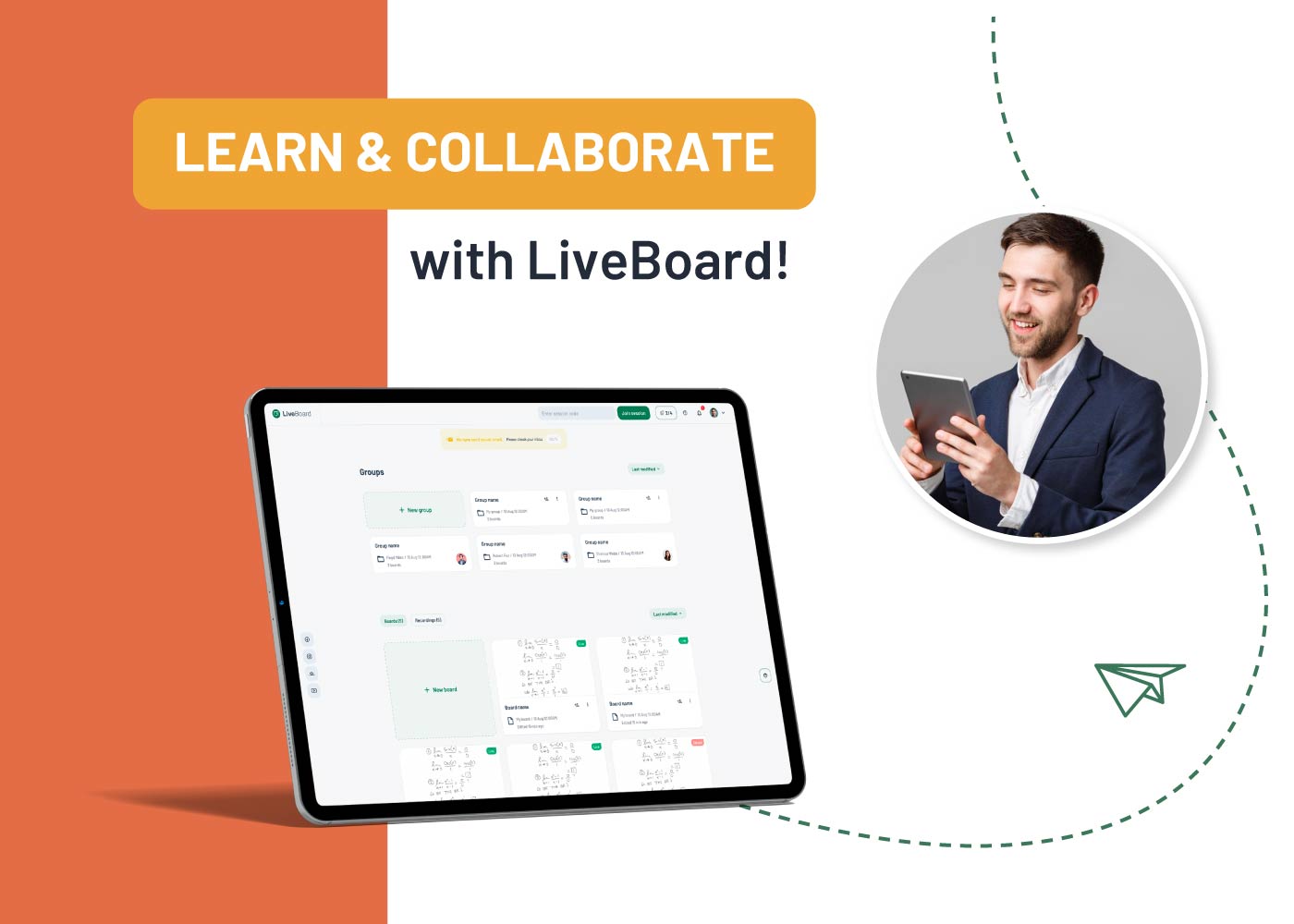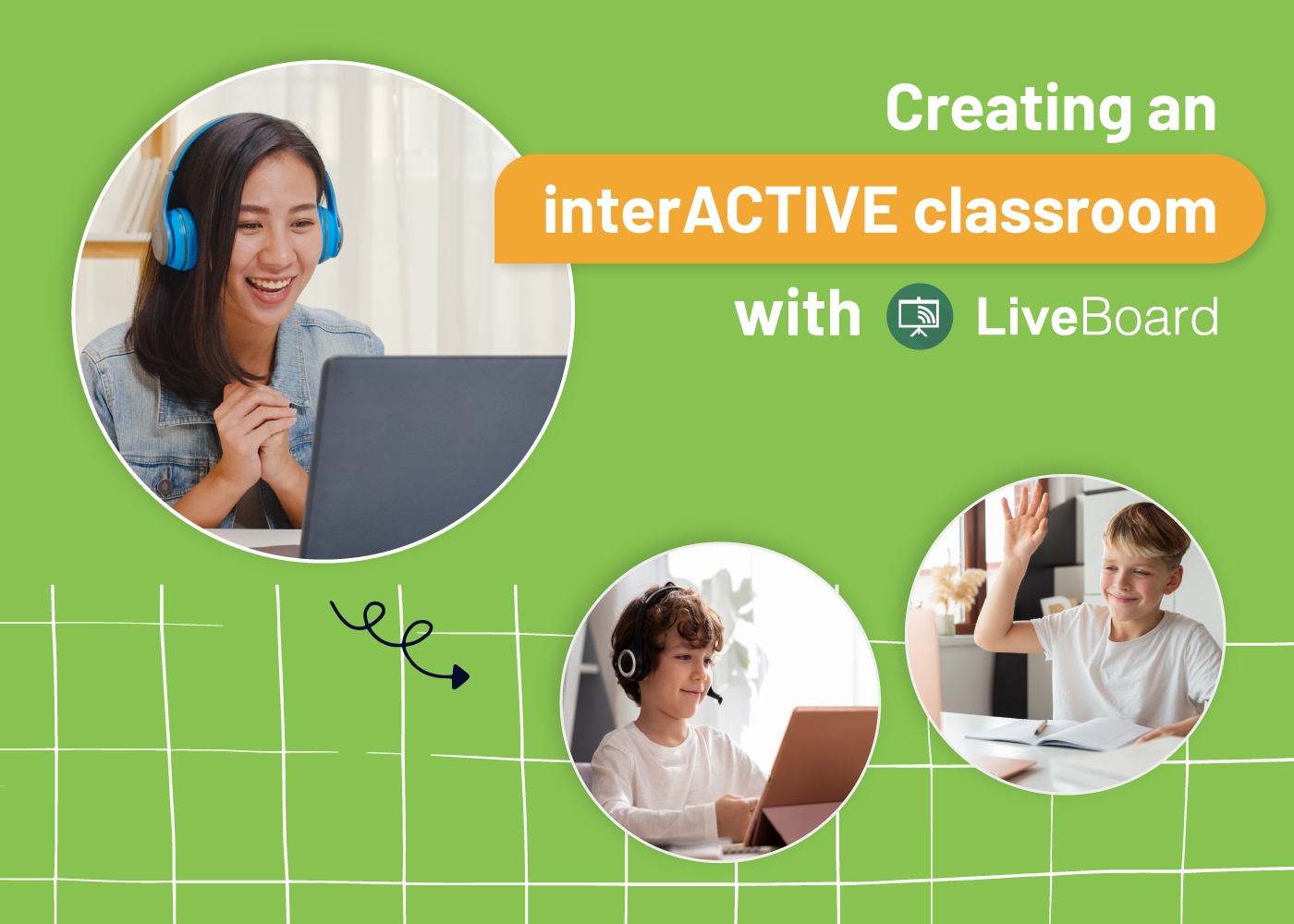What’s the biggest misconception you have about online education? Although online learning has become increasingly commonplace, especially in the post-Covid era, many myths persist about online learning that often keep people from pursuing an online degree and their dream careers. Online education greatly differs from our traditional expectations of schooling, so it’s perhaps no wonder that myths and misconceptions exist. In this blog we will explore the seven most common eLearning myths and dispel them once and for all.
eLearning Myth #1 – Online education limits peer interaction
Some believe online students will never have the opportunity to interact with their peers, but this is far from the truth. Many online programs are designed to promote student interaction. Through discussion boards, chat rooms, and video conferencing, online students can connect with their peers and build new solid relationships.
Online education helps students connect with classmates and professionals from all over the world! This opens broader horizons for students to learn about the cultures of their peers and become more open-minded!
Teachers creating courses with an online learning platform can also facilitate discussions and create opportunities for students to interact directly with each other.
Pro Solution with LiveBoard: This collaborative online whiteboard makes it easy for students to work together in real time, whether they’re in the same room or across the world. LiveBoard also has an infinite board allowing students to work simultaneously on the same or different projects.

eLearning Myth #2 – Online education is less expensive than traditional education
The cost of a traditional education depends on the school and the degree you’re pursuing. Students are expected to pay between $20,000 and $60,000 per year while pursuing a master’s degree. The price doesn’t include commuting, accommodation, meals and other essential costs.
The fees for online education won’t differ much from the offline version. However, online degrees can be more affordable than traditional on-campus programs because there are no commuting costs, housing costs, or meal plans.
In addition, many online students get to work while they study, so their earnings can cover any extra costs.
eLearning Myth #3 – It is harder to stay motivated when learning online
When we imagine an online student, we think of someone sitting in front of a computer screen all day long, taking in information but not really engaging with it. In reality, online students need to be highly self-motivated and organized to succeed.
The biggest challenge in online education is the lack of face-to-face interaction with teachers and classmates. It can be harder to stay motivated when you’re not committed to attending physical classes.
But online students can combat this by setting realistic goals, staying organized, and taking advantage of resources provided by teachers.
Pro Solution for Students: Try practicing self-discipline. Use mind maps, create learning schedules and try to stick to them. Dedicate some time each day to learning something new, but don’t forget about well-deserved breaks. Here’s a video for better insights:
Pro Solution for Teachers: If a teacher notices that a student is struggling to stay motivated, they can provide additional resources or one-on-one support. Using advanced digital tools like LiveBoard, teachers can create interactive lessons to keep students motivated and involved in the learning process.
eLearning Myth #4 – It is difficult to get help when needed
Students struggling with the material might feel like they are all alone. This myth can be easily dispelled with the help of virtual office hours.
Most online programs offer virtual office hours when students can get help from their professors or teaching assistants. These hours are typically held over video chat or telephone, so that students can get the help they need in real time. In addition, many online programs have student support services that help with time management, study skills, and emotional support.
eLearning Myth #5 – It takes more time to complete an online degree
The duration of online educational programs varies based on their type and structure. For example, The University of Arizona offers its bachelor’s students a four-year online education focused on one course at a time. Such an approach allows students to study at their own pace and complete their degree.
In addition, many online programs offer accelerated courses that allow students to complete their degrees sooner. However, it doesn’t mean that online education is easier than its traditional version.
It’s important to remember that online students have the same opportunities and challenges as their offline peers. The only difference is the format of the program.
eLearning Myth #6 – Many employers don’t value online decrees
The misbelief that employers do not value online degrees is based on the lack of understanding of how online education works. Online programs provide students with the same education and opportunities as traditional offline programs.

Many employers are now looking for candidates with online degrees because they value the time management and self-discipline skills that online students have developed. Approximately 70% of companies hired employees with online degrees in 2019-2020. This proves online education is becoming more and more valued in the job market.
eLearning Myth #7 – Online education means self-education
Many people view online education as more or less the same as self-education. Online students receive the same education as offline students. The only difference is the format and delivery of the material.
Meanwhile, self-education is a learning process without a teacher’s help or a structured program. It is often associated with independent learners who are passionate about a particular subject and want to learn more about it.
Conclusion
Are you still planning to get an online degree? We hope this article has helped you debunk some myths about online education and see its actual value. If you’re considering an online program, don’t let these myths about online learning stop you from achieving your goals!
However, if you’re still unsure whether online education is your cup of tea, check the top five trends in online learning and see what the future of education holds for you!


